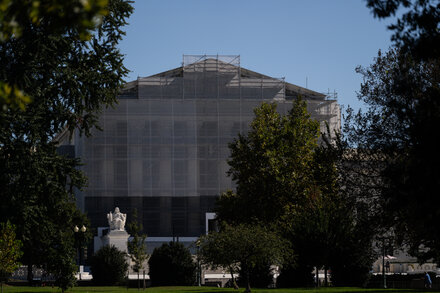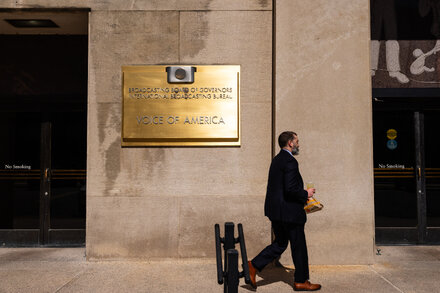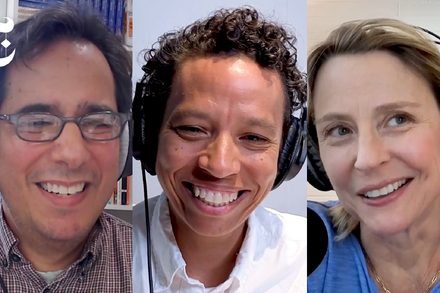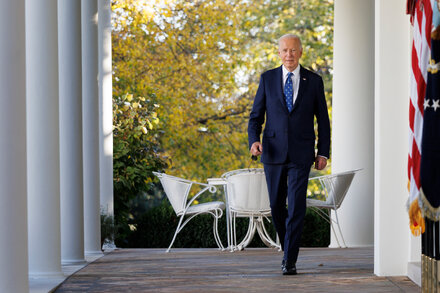The Supreme Court today heard arguments in a landmark case challenging the constitutionality of conversion therapy bans, setting the stage for a potentially far-reaching decision on free speech rights and state regulation of professional conduct. This dispute

The Supreme Court of the United States today heard arguments in a landmark case challenging the constitutionality of bans on conversion therapy, setting the stage for a potentially far-reaching decision on the intersection of free speech rights and state regulation of professional conduct.
At the core of the dispute is whether state and local prohibitions on licensed therapists providing conversion therapy, particularly to minors, infringe upon First Amendment protections of free speech. Petitioners, including a group of therapists and religious organizations, argue that these bans restrict their ability to practice their profession and express their beliefs, particularly those rooted in religious conviction.
The Free Speech Challenge
Attorneys representing the challengers contended that the bans constitute an unconstitutional content-based regulation of speech. They argued that therapy, even when offered by licensed professionals, is fundamentally a form of communication and expression. According to their brief, the government should not dictate the content of conversations between a therapist and a client, especially when the client seeks help aligning their identity with their values.
“Our clients believe in the efficacy of their counseling methods, which are offered voluntarily and ethically to individuals seeking to explore their identity in accordance with their personal beliefs,” stated legal counsel for the petitioners during oral arguments. “To prohibit these discussions, even in a therapeutic setting, is to muzzle professional speech and infringe upon the deeply held convictions of both therapists and their clients.”
They further highlighted that the bans often do not prohibit other forms of counseling that affirm LGBTQ+ identities, suggesting an imbalance in regulating therapeutic speech based on its viewpoint.
Defense of State Bans
Conversely, attorneys representing the state — which has enacted one such ban — asserted that the regulations are a legitimate exercise of the state’s power to protect public health and welfare, particularly that of vulnerable minors. They emphasized the broad consensus among major medical and mental health organizations, including the American Psychological Association and the American Medical Association, that conversion therapy is harmful, ineffective, and unethical.
“These bans are not about suppressing speech; they are about regulating professional conduct that poses a documented risk of severe psychological harm to minors,” argued the state’s solicitor general. “When licensed professionals engage in practices deemed dangerous and discredited by their own governing bodies, the state has a compelling interest to intervene and protect its citizens, especially those who lack the capacity to make fully informed decisions for themselves.”
The state also contended that the therapy, often coercive and based on the premise that a person’s sexual orientation or gender identity can and should be changed, constitutes a form of malpractice rather than protected speech.
Background on Conversion Therapy Bans
Conversion therapy, sometimes referred to as “reparative therapy,” aims to change an individual’s sexual orientation from gay or bisexual to heterosexual or their gender identity from transgender to cisgender. Numerous medical and psychological organizations have denounced the practice, citing evidence that it can lead to depression, anxiety, self-harm, and suicidal ideation, particularly in youth.
In response to these concerns, a growing number of states and municipalities have enacted laws prohibiting licensed therapists from performing conversion therapy on minors. Some states have also extended these bans to adult clients, though challenges to those broader prohibitions have also arisen.
Potential Implications
The Supreme Court’s decision could have significant ramifications for the future of state regulation of professional speech and the scope of the First Amendment. A ruling in favor of the challengers could invalidate numerous state and local bans, potentially allowing licensed therapists to offer conversion therapy again. Conversely, upholding the bans would affirm the state’s authority to regulate professional practices deemed harmful, even when they involve communication.
Observers anticipate a complex decision, as the Court will need to weigh compelling arguments regarding free speech and professional autonomy against the state’s interest in protecting public health and safeguarding vulnerable populations. The Court is expected to issue its ruling by the end of its term.
Source: Read the original article here.





